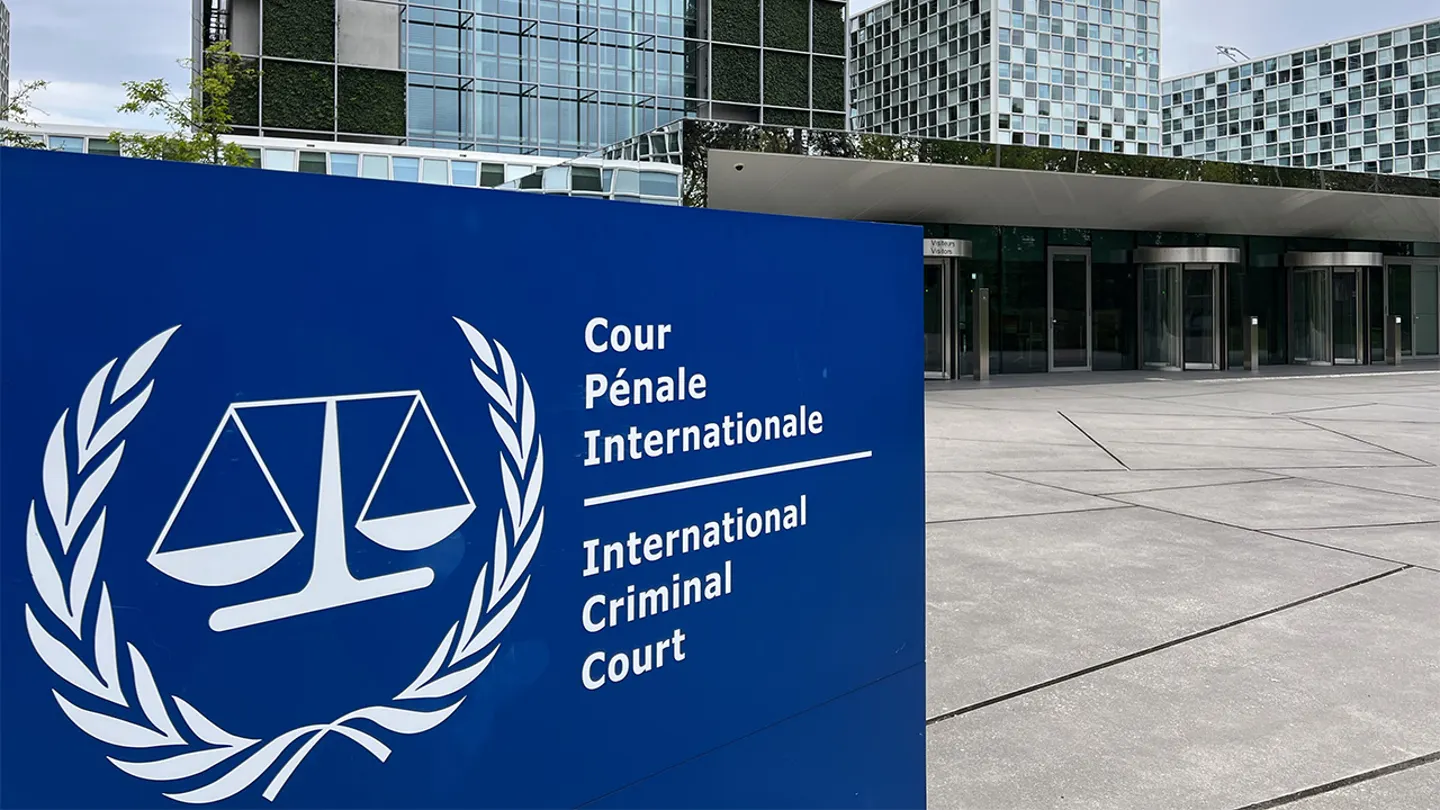Berlin, Germany – Tensions have escalated between Israel and Germany following a controversial statement from the German government regarding potential actions by the International Criminal Court (ICC). The administration of German Chancellor Olaf Scholz has declared that it would arrest and deport Israeli Prime Minister Benjamin Netanyahu if the ICC issues a warrant for his detention and extradition.
Avi Hyman, spokesperson for Netanyahu, expressed strong disapproval of this stance, recalling Scholz’s visit to Israel shortly after October 7, where the German leader condemned Hamas as the new Nazis, accusing them of seeking genocide against Jews. Hyman called for a reassessment of moral compasses globally, urging alignment with what he described as the right side of history.
When questioned about Germany’s position on executing an ICC arrest order against Netanyahu for alleged war crimes during Israel’s conflict with Hamas in the Gaza Strip, Scholz’s spokesman, Steffen Hebestreit, firmly responded, “Of course. Yes, we abide by the law.”
This declaration has sparked a wave of criticism, particularly from Rabbi Abraham Cooper, associate dean of the Simon Wiesenthal Center in Los Angeles. Cooper labeled the potential arrest of Netanyahu as incomprehensible, emphasizing the historical context of the Holocaust where Nazis arrested, deported, and murdered six million European Jews. He argued that Germany should focus on addressing antisemitism within its own borders instead.
Adding to the discourse, Israel’s Ambassador to Germany, Ron Prosor, expressed his concerns on X (formerly Twitter). Prosor accused the ICC’s Chief Prosecutor of equating Israel’s democratic government with Hamas, which he argued demonizes and delegitimizes Israel and the Jewish people. He urged Germany to readjust its moral compass, warning that the ongoing political campaign could have severe repercussions for the West and its institutions.
The German administration’s position on this issue continues to provoke intense debate and scrutiny, with many questioning the implications for international relations and historical accountability.
4o

